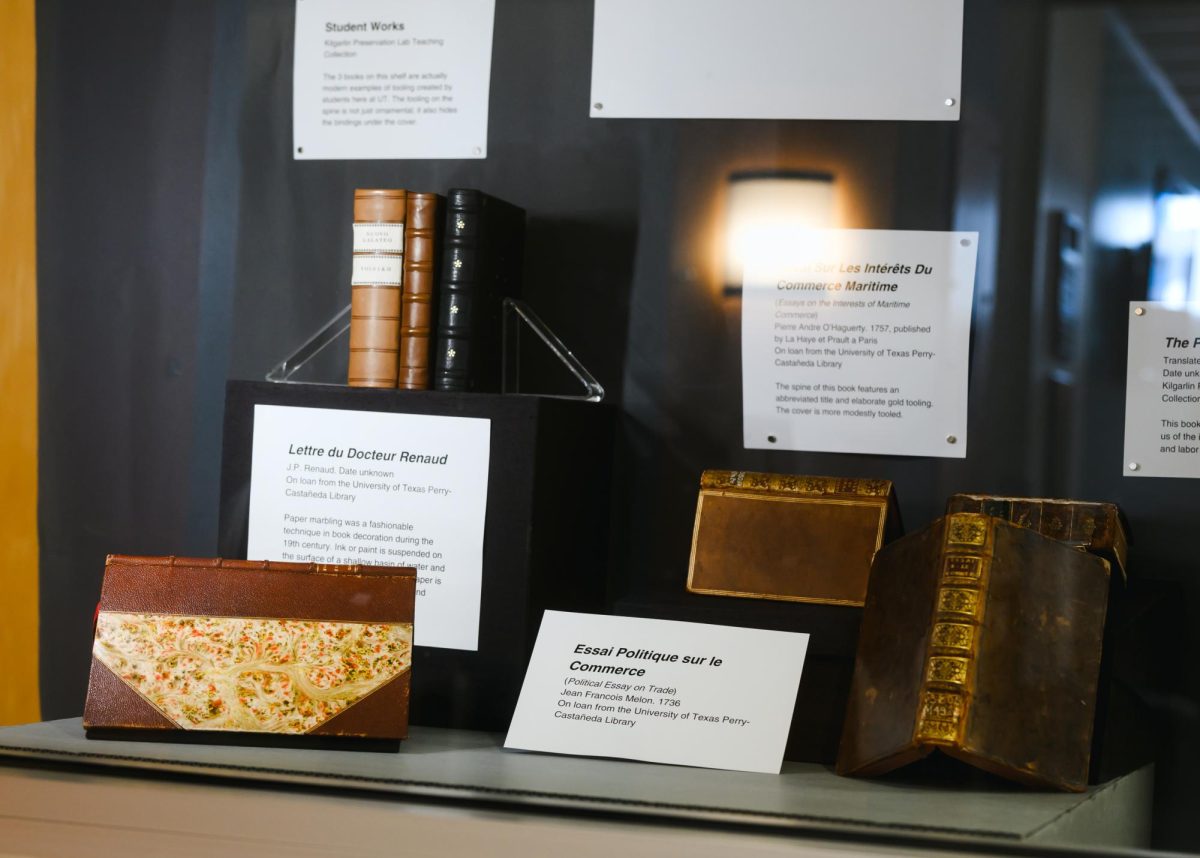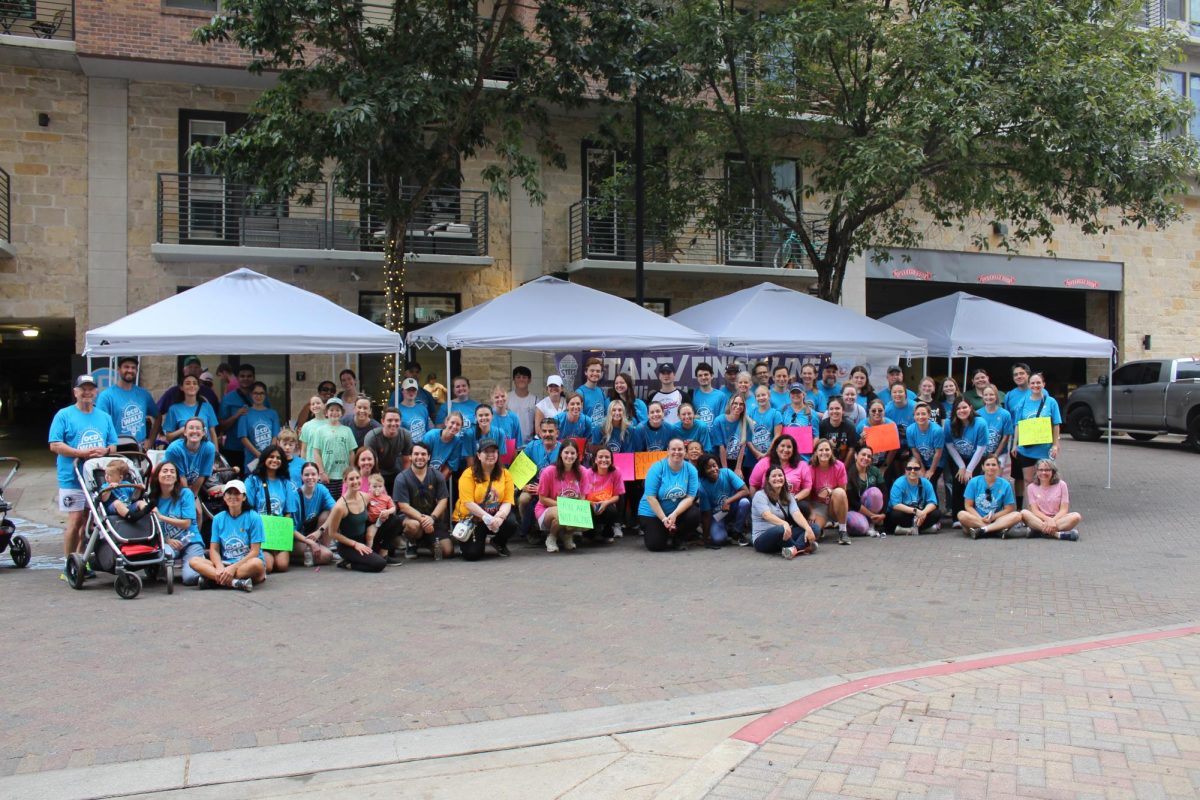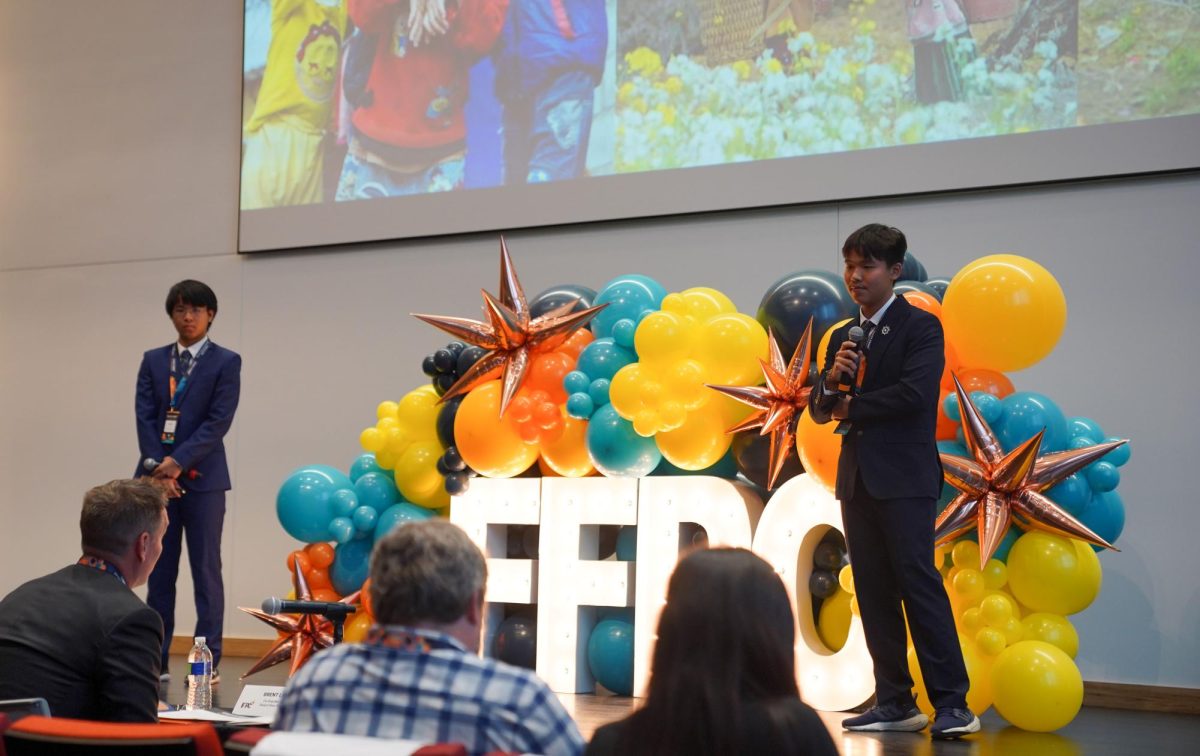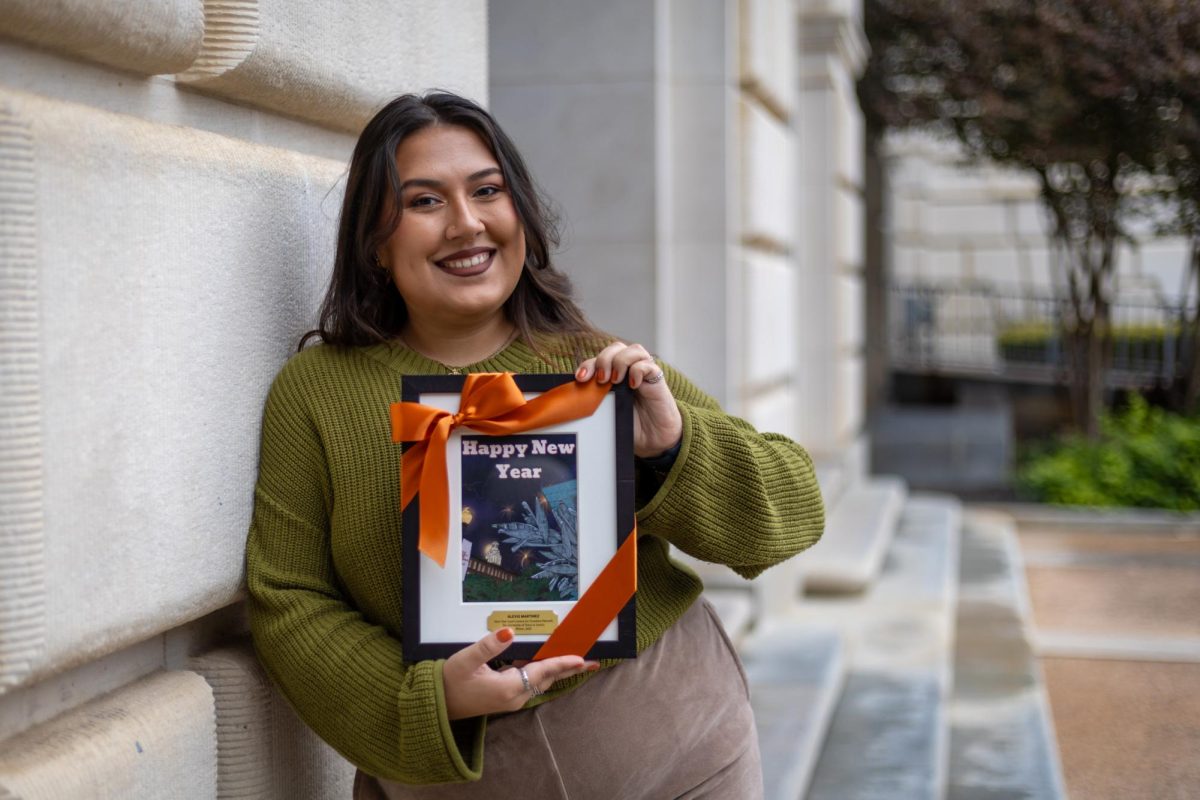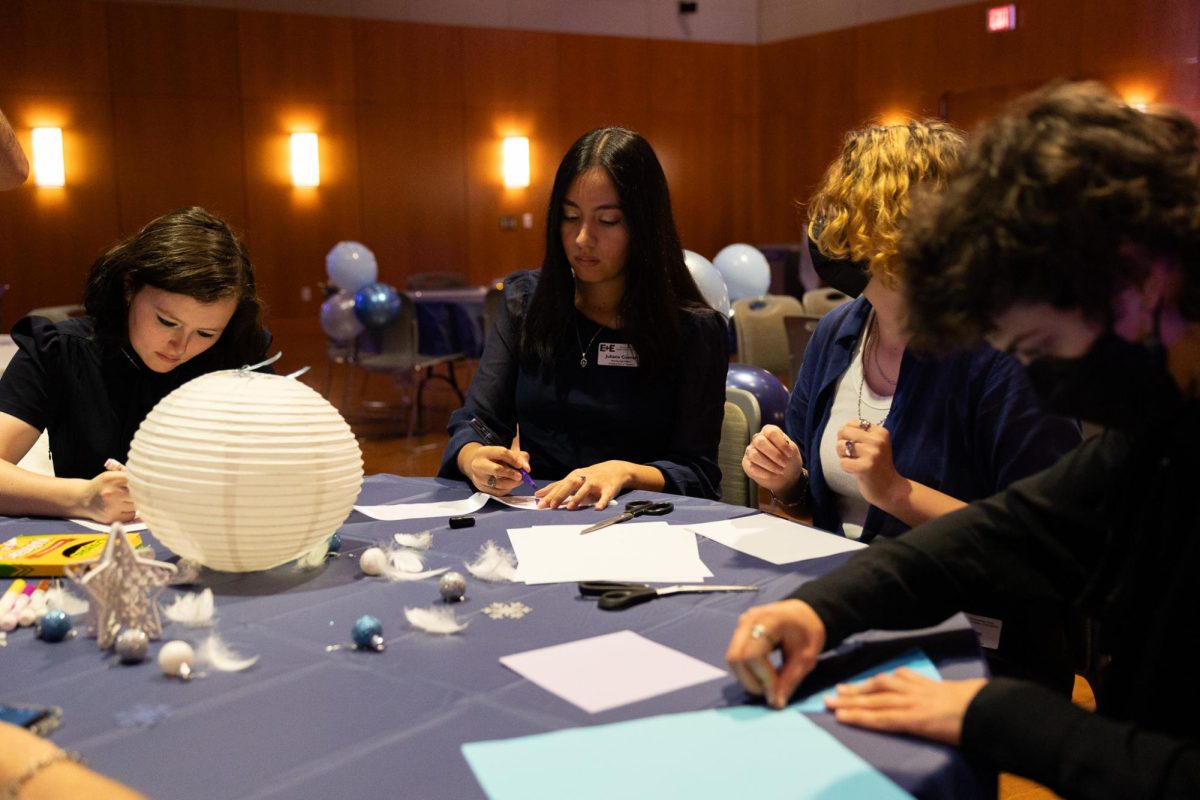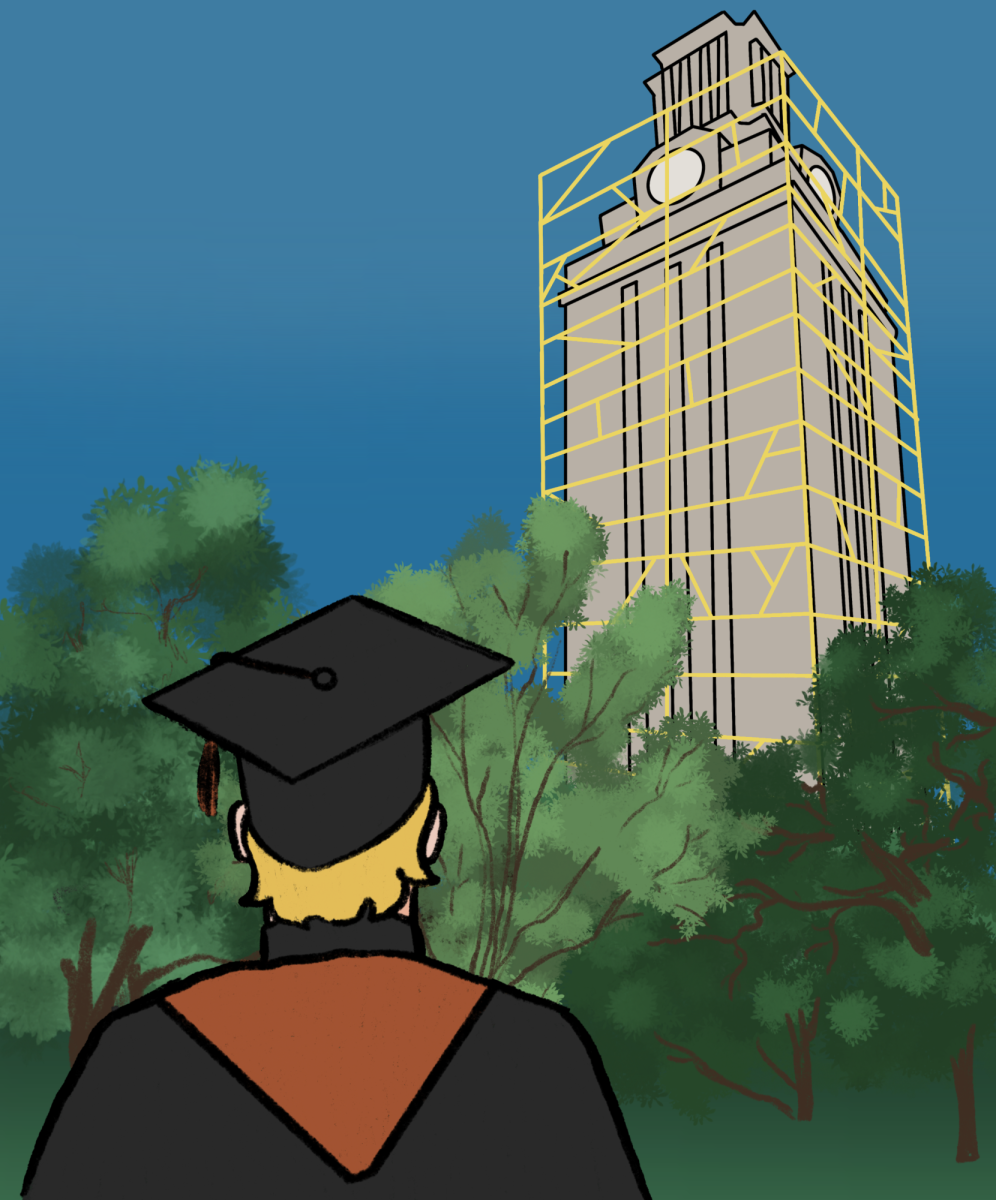CORCORAN, Calif. — On August 9, 1969, two naive 17 year-old girls were launched on a path that led to the unlikeliest of friendships.
That infamous night, four young people under the sway of a charismatic career criminal slipped into a neighborhood of Hollywood glitterati, then bludgeoned and stabbed rising young actress Sharon Tate, coffee heiress Abigail Folger and two others. Across town the next night, the band killed again.
The name Charles Manson quickly became a synonym for unimaginable evil, which nobody knows better than Debra Tate, Sharon’s little sister, and Barbara Hoyt, the Manson family member whose testimony helped put the killers in prison.
“We’ve got a lot in common,” Hoyt said, a retired nurse. “She has been a big help to me.”
“She makes sure I am holding my head up high,” Tate said. “And I do the same for her.”
Now both about 60, a Manson family member and the last living Tate family member have bonded in their long quest to keep those responsible behind bars. Both have testified repeatedly at Manson’s parole hearings. Both say they still get threats from the cult killer’s supporters — mostly white supremacists enamored with murders Manson orchestrated to incite a race war dubbed “Helter Skelter.”
Even now, not a day passes without Hoyt dwelling on the suffering Manson and her former comrades inflicted and on the widespread terror that ensued.
“We are completely linked by this event whether we want to be or not,” she said of Tate, who now runs a crime victims group. “She understands me, and I understand where she’s coming from.”
Hoyt never committed a crime for Manson, and her testimony helped send the cult leader and four followers to death row in 1971. The following year, when the California Supreme Court ruled the death penalty unconstitutional, their new life terms made them eligible for a while for annual parole consideration.
That is when the lives of Hoyt and Tate began to intertwine. Over the decades, each has written letters to parole panels urging that the killers never be released, and each has traveled to obscure California farming towns for parole hearings in prisons housing some of the state’s most notorious convicts.
At first Hoyt testified partly out of fear that the killers would seek revenge if released. But after becoming a registered nurse, she realized that the psychological and emotional pain of having to relive her involvement with the cult was another part of her payback to society.
“It’s a descent into hell and then having to climb back out again,” Hoyt said. “I think about it and I feel I was simply there to be a witness, because that has been my role. God gave me that role, and that’s my reality.”
Meanwhile Tate’s late mother, Doris, had become the driving force for victims’ rights in California and was instrumental in a 1982 law that allows family members to testify about their losses at trials and parole hearings.
When Doris died, that left her daughters Debra and Patti to carry on with her work. Patti died of breast cancer in 2000, leaving Debra, disabled from a postal service accident, to go at it alone.
“Over time our mutual efforts brought us together,” Hoyt said.
Now they talk regularly on the phone and get together when they’re in the same town, usually for a parole hearing. Tate lives in the Southern California desert, and Hoyt in the Pacific Northwest — they keep the specific location secret.
Trapped in drab institutional waiting rooms, they realized they were the same age and shared similar middle-class upbringings. Both were divorced mothers who raised daughters on their own. In 2006, when Manson associate Bruce Davis was up for parole for another murder Manson had orchestrated, the two had time to talk.
“I discovered that I really like Barbara,” said Tate, who now works for victims’ rights through her website www.sharontate.net. “She is a good person. She has a good soul and a good spirit and she has come through for us when it was very iffy whether these core members were going to get out.”
As the friendship developed, Tate realized that Barbara has suffered from the murders as much as she had. “She flew under such a horrible social stigma for so long,” Tate said. “For Barbara to have suffered the same stigma as those other sociopaths, well it just wasn’t right.”
Hoyt didn’t appear Wednesday for the 77 year-old Manson’s 12th and probably final parole hearing because she knew the prospects were virtually nil that the state would release such a notorious killer.
That left Tate alone to listen anew to the gory details of her sister’s death, her hands tightly clasped, her lips pursed and her foot tapping.
They will be together again in June when Davis comes back up for a hearing at the California Men’s Colony near San Luis Obispo. The parole board found him suitable for release in 2010, but then-Gov. Arnold Schwarzenegger
overruled the decision.
“We have been involved in this case since we were teenagers,” Tate said. “Even if we could let go, the world would never let it go.”
Both are adamant they will maintain the fight to keep all of them behind bars. Even though it is unlikely Manson’s core group will ever be let go, they hope their resolve inspires other victims of crime.
“Both of us have been attacked by websites, viciously attacked over many, many years,” Hoyt said. “I’d like to be an example to anyone who is ever a witness to a crime to come forward and be brave. Evil can be stopped, but it’s up to us as people to do it.”



